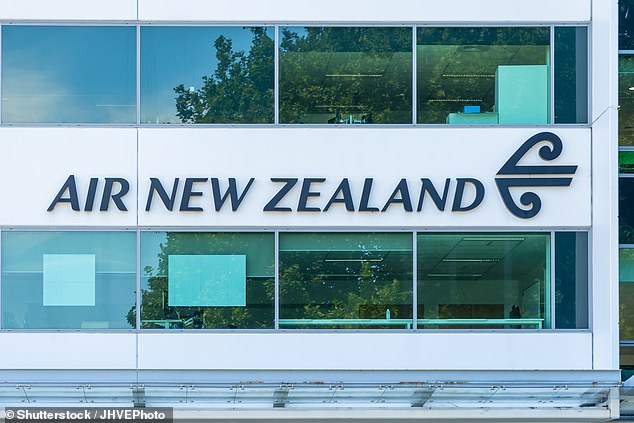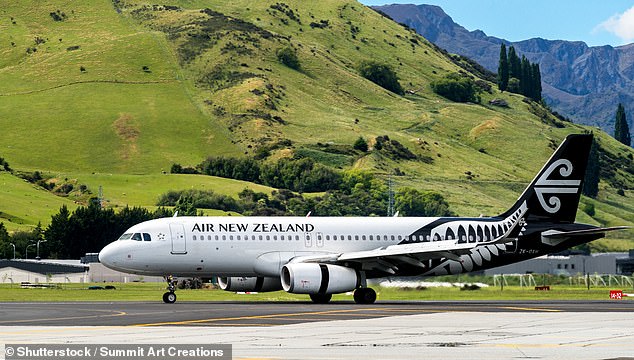Air New Zealand has become the first major airline to abandon its 2030 emissions reduction target.
The New Zealand airline had originally committed to reducing its carbon intensity by 28.9 percent by the end of the decade, compared to 2019 levels, in a methodology validated by the Science-based Targets initiative (SBTi), a UN-backed corporate climate action group.
But he blamed high prices for green fuel and a lack of lower-emission aircraft for the decision to abandon the target.
“Many of the levers required to achieve the objective, including the availability of new aircraft, the affordability and availability of alternative jet fuels and global and domestic regulatory and policy support, are outside the airline’s direct control and remain a challenge,” the airline said in a statement to the ASX.
Air New Zealand chief executive Greg Foran said it had become clear in recent weeks that delays in delivering new aircraft were putting that target at risk and the airline would withdraw from the SBTi network immediately.
“The airline may need to retain its current fleet for longer than planned due to global manufacturing and supply chain issues that could potentially delay the introduction of newer, more fuel-efficient aircraft into the fleet,” Foran said.
‘Therefore, and given that many of the factors necessary to achieve the target are beyond our control, the decision has been taken to withdraw the 2030 target and withdraw from the Science Based Targets network of initiatives immediately.’
Australian airlines remain committed to 2030 target.
Air New Zealand has become the first major airline to abandon its 2030 emissions reduction target

The New Zealand airline had originally committed to reducing its carbon intensity by 28.9 percent by the end of the decade, compared to 2019 levels.
Air New Zealand said it remains committed to an industry-wide goal of achieving net-zero emissions by 2050.
Aviation is thought to be responsible for about 2 percent of global emissions, but is considered one of the most difficult sectors to decarbonize as flight fuel cannot be easily replaced with other types of energy.
Airlines are betting on plant-based sustainable aviation fuels (SAF) and more efficient aircraft to reduce emissions in the short term.
However, SAF production is expensive and aircraft manufacturers are struggling to deliver new-generation aircraft on time.

